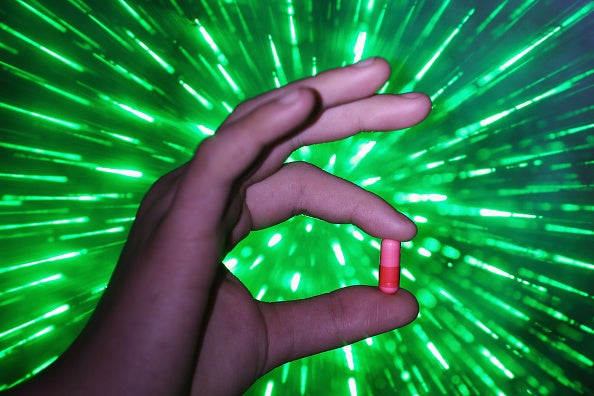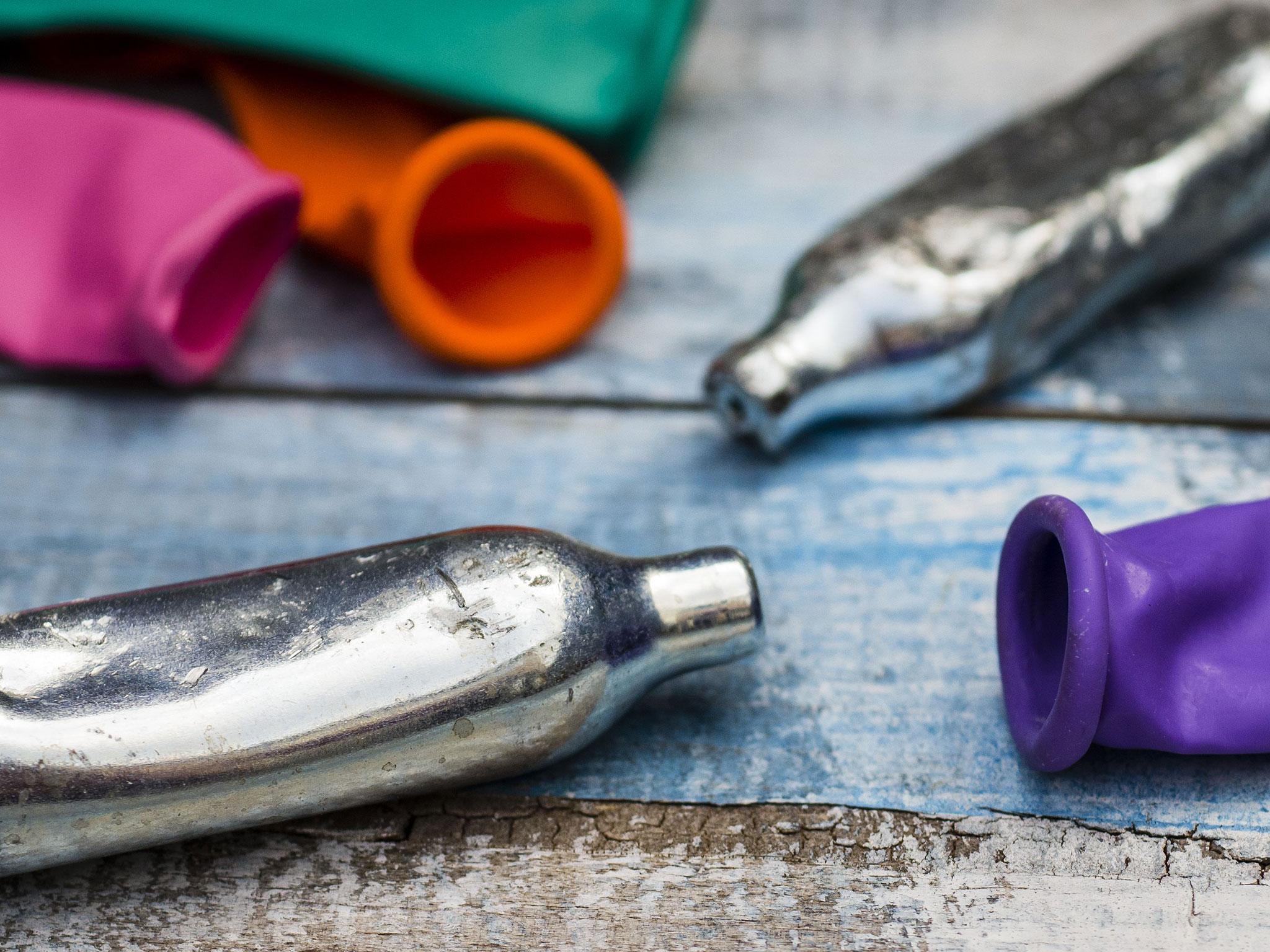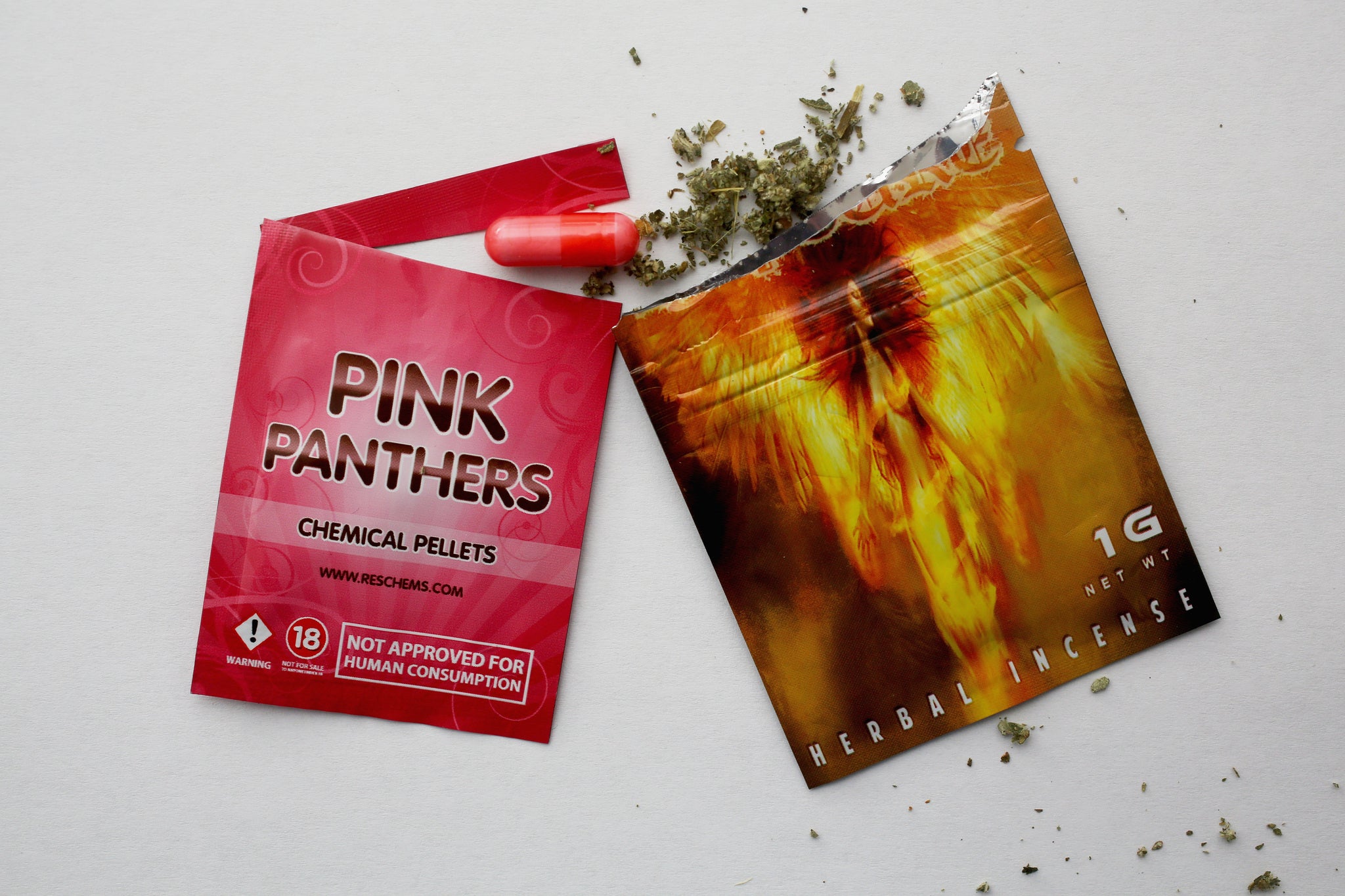Legal highs: Students speak out on Government's upcoming 'blanket ban' and Psychoactive Substances Bill
Ban may be 'misguided' as it could, potentially, lead students onto more harmful substances

Britain’s legal-high industry has soared, with the country even being labelled as ‘the legal high capital of Europe’.
Students have long been renowned for experimenting with drug-taking, so it doesn’t come as too much of a surprise that the various legal highs set to be banned by the Government, such as nitrous oxide (NOS) and poppers - as well as any new compound that mimics the effects of traditional illegal drugs - are becoming increasingly popular across campuses with one-in-five new students admitting to using legal highs, according to a survey by the Angelus Foundation.
But why are legal highs now being banned by the Home Secretary, Theresa May? It could be because, according to reports, there have been almost 97 deaths linked with the usage of legal highs. But, as VICE revealed, the 97 deaths figure is inaccurate because it was “largely composed of drugs that were not legal at the time people died from taking them.”

In the wake of this contrasting news, what do students have to say? Do they feel that this ban is pointless? Or do they feel it will help keep themselves and their friends safe?
What difference, if any, will this ban make to a young person’s legal high usage? Student legal high users from a variety of universities share their views:
Izzy*, 21, University of South Wales, said that, despite taking several legal highs, she still supported the ban: “I’ve been using NOS, and a study drug called Noopept, fairly regularly recently. It’s going to get more challenging to get my hands on them, but in terms of usage, the ban won’t deter me.
“Despite using legal highs myself, I’d probably agree with the ban on legal highs if it became reality. If I’m going to take an illegal drug, I read up on them and I know pretty much exactly what the chemical processes are and the science behind each drug.
“Lots of my friends have had far worse experiences of legal highs than on illegal ones. Because they’re classed as legal, I think it dulls people’s feeling of caution towards them because they assume ‘legal’ means ‘safe’.”
Joe*, 20, Manchester University, said he’s happy to just use alcohol if the ban comes through: “I usually have a can of poppers to snort on a big night out in my pocket. The ban will probably stop me from using, but I’m equally as happy to drink!”
Chris*, 20, Brighton University said the ban wouldn’t bother him because he prefers more ‘traditional’ illegal drugs anyway: “The only legal highs I use are study drugs. I don’t use legal highs recreationally. I prefer to use more ‘traditional’ illegal drugs, which have more information about the dangers and side effects available.”
Akshay*, 19, Northumbria University questioned whether any of the substances set to be banned are any worse than alcohol: “I only take them because they’re cheap, legal and fun. I don’t agree with the ban. Are any of these legal highs any worse than alcohol?”
Sally*, 20, Newcastle University said she didn’t see any harm in legal highs if used sensibly: “I don't think they should be banned. I think the risks surrounding them should be advertised more - but I see no harm in them if used sensibly.”

Countless more young people have their own opinions on the issue. But, what is clear is that students, regardless of whether they support the ban or not, want their peers to be made properly aware of the issues and health risks surrounding these substances, so that people can make informed decisions about whether to indulge in them or not.
The Government’s Psychoactive Substances Bill wants to keep users safe and healthy and, without this proper regulation, students could be buying harmful substances off the street they know nothing about.
In contrast, the bill could be at risk for being misguided because, if all of these substances became illegal, the ban could, potentially, push students away from relatively harmless drugs, such as NOS and poppers, and onto more harmful substances, paving the way for another measured approach to the issue of legal highs as opposed to a ‘blanket ban’.
*Names in this article have been changed
Twitter: @lucasfothergill
Join our commenting forum
Join thought-provoking conversations, follow other Independent readers and see their replies
0Comments